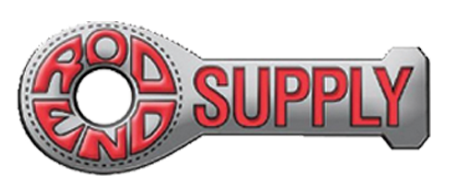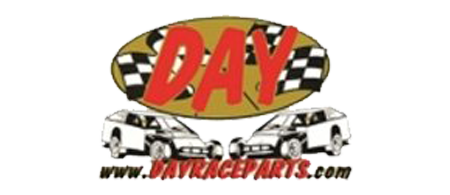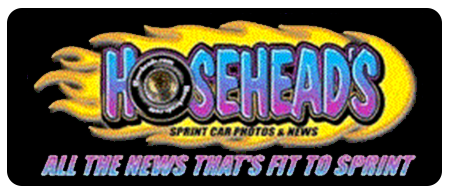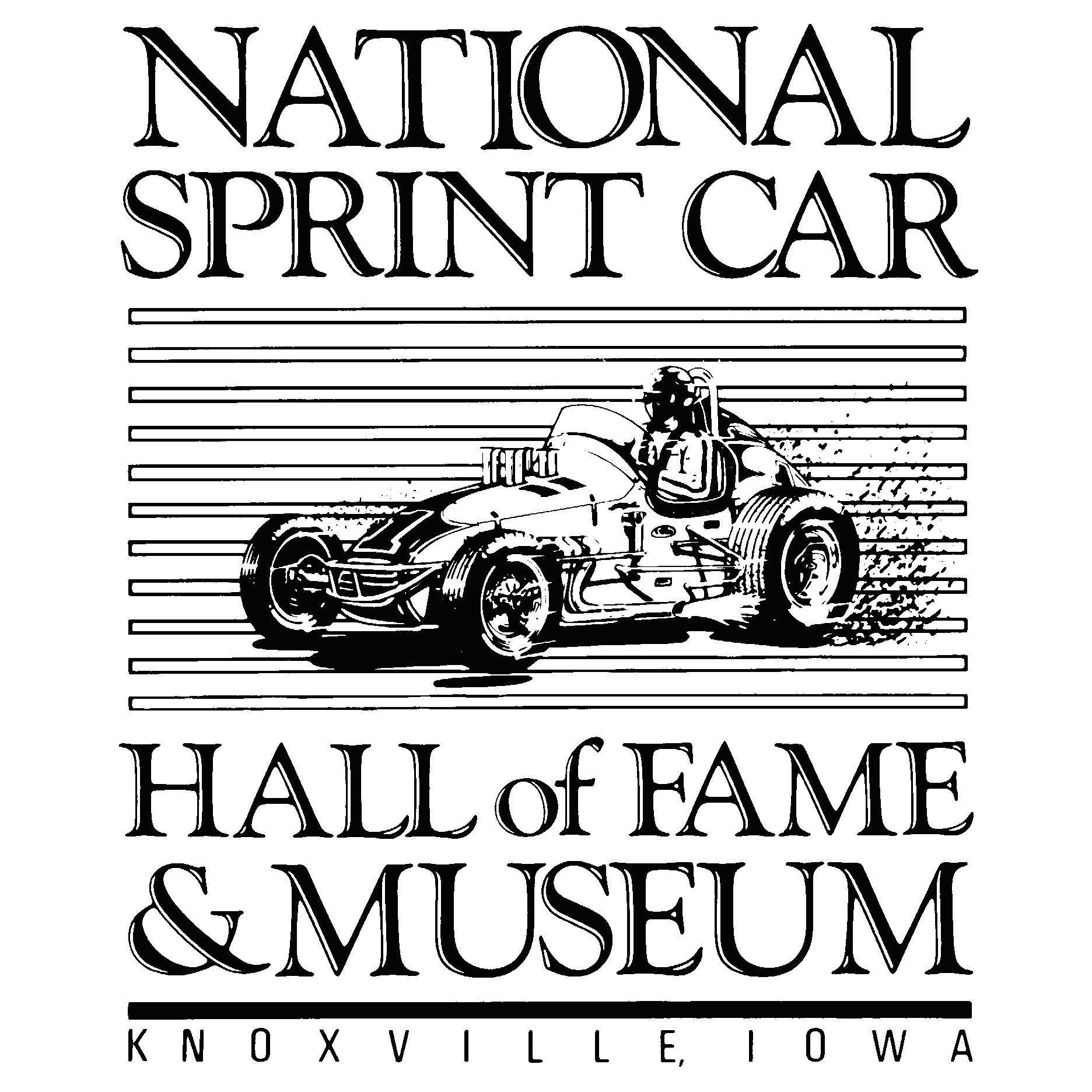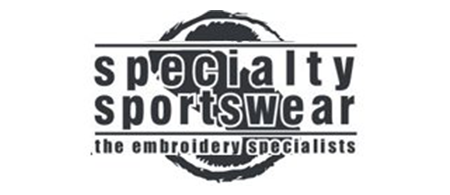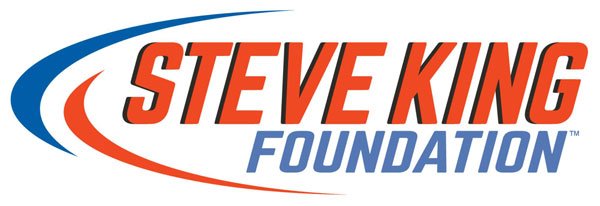COLUMN: NASCAR takes a bite out of crime
Photo by David Becker/Getty Images
CONCORD, N.C.—It’s a new day in NASCAR racing.
For the 2019 season, cheaters will no longer prosper--not even a little bit--as NASCAR is opting to take away race wins for rules violations as a matter of policy for the first time in its history.
If a winning car fails post-race inspection with a major infraction, it will be disqualified and second-place car—after clearing tech—will be declared the winner, with all other competitors advancing a spot.
That means no points for the victory, no stage points, no automatic advancement to the Playoffs, no first-place money and no place in the record books as the race winner.
“Really and truly all of the owners and all of the teams are tired of the same thing that we’re tired of—which is playing all these games,” said Scott Miller, NASCAR Senior Vice President of Competition. “The only way to stop these games is to do what we’re doing.”
The cat-and-mouse games ran rampant in the garage. Despite NASCAR escalating the penalties, fines and suspensions, the punishment was never severe enough to make an impression on the teams. Every year, competitors pushed envelope, even though getting caught meant six-figure fines and the banishment of crew chiefs and car chiefs from the race track.
While the old NASCAR guard insisted that the fan base know who won the race before leaving the track, today’s followers of the sport believe it’s imperative to award the rightful winner.
Through modern technology in the garage and widespread social media there is no longer an excuse not to declare an official victor by the time most fans have cleared the race track.
And that's exactly what NASCAR will achieve with the new policy. No longer will the top two cars have to go to the tech center for a tense, two-or three-day wait while NASCAR does a detailed examination. That will now take place at the track, and everyone will know the official winner on race day.
The new officiating policy is long overdue. In what other sport would you leave a stadium following the conclusion of an event not knowing which team won?
Over the last few seasons, the inspection process has dragged on through mid-week with penalty reports throwing shade on the previous race rather than focusing on the product or the upcoming event. Now, the results will be official the day of the race, as is the case with just about any short track in America.
“When you look at the desire to be as close to grassroots racing as possible, this is something that obviously takes place at short tracks all across the country,” O’Donnell said of potential disqualifications. “Then the balance shifting in terms of wanting to declare a winner—hoping there wouldn’t be a penalty—but then seeing more and more... unfortunately we saw post-race infractions that led to story lines that continued week after week.
“From our standpoint, we wanted to stop that, be able to let fans know who won the race at the trace track. And we decided that this was the right time to do that.”
The new rules will apply to all three series. NASCAR anticipates a 90-minute process for the first-place, second-place and random cars to clear post-race inspection before the winner is declared official.
While an infraction such as one or two lug nuts missing from a wheel would not lead to forfeiture of a race, any penalty such as three lug nuts not secured, failing height, weight, laser inspection or an unapproved spoiler—as was found on the No. 4 Stewart-Haas Racing Ford after Kevin Harvick won the fall race at Texas Motor Speedway—would lead to disqualification.
NASCAR will still take random cars back to the Research and Development Center for further inspection to see if there are any trends that might have been missed at the track.
“If we do see that as a trend a team may go down, we’re going to share that with the entire garage area,” said NASCAR Executive Vice President and Chief Racing Development Officer Steve O’Donnell. “We’ll say, ‘Here’s what we found. There will not be a penalty on this. Do not bring this to the race track or you will be penalized.’
“We’re going to use it as a way to kind a learn and see what’s out there.”
An even playing field has always been NASCAR’s goal. With the sanctioning body streamlining the inspection process and putting more teeth in its penal system, teams might finally get the message: NASCAR’s bark is just as bad as its bite.

.png)
